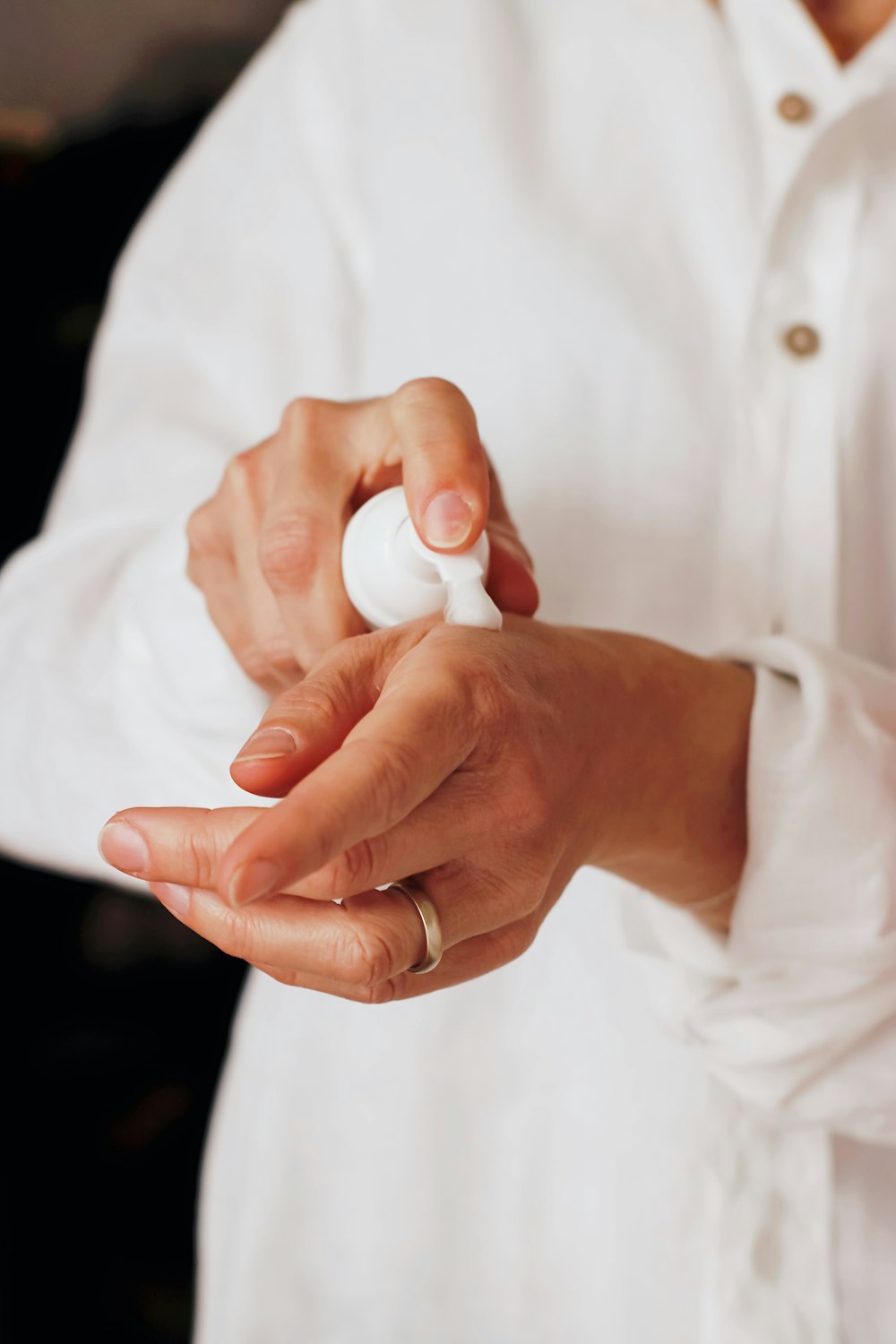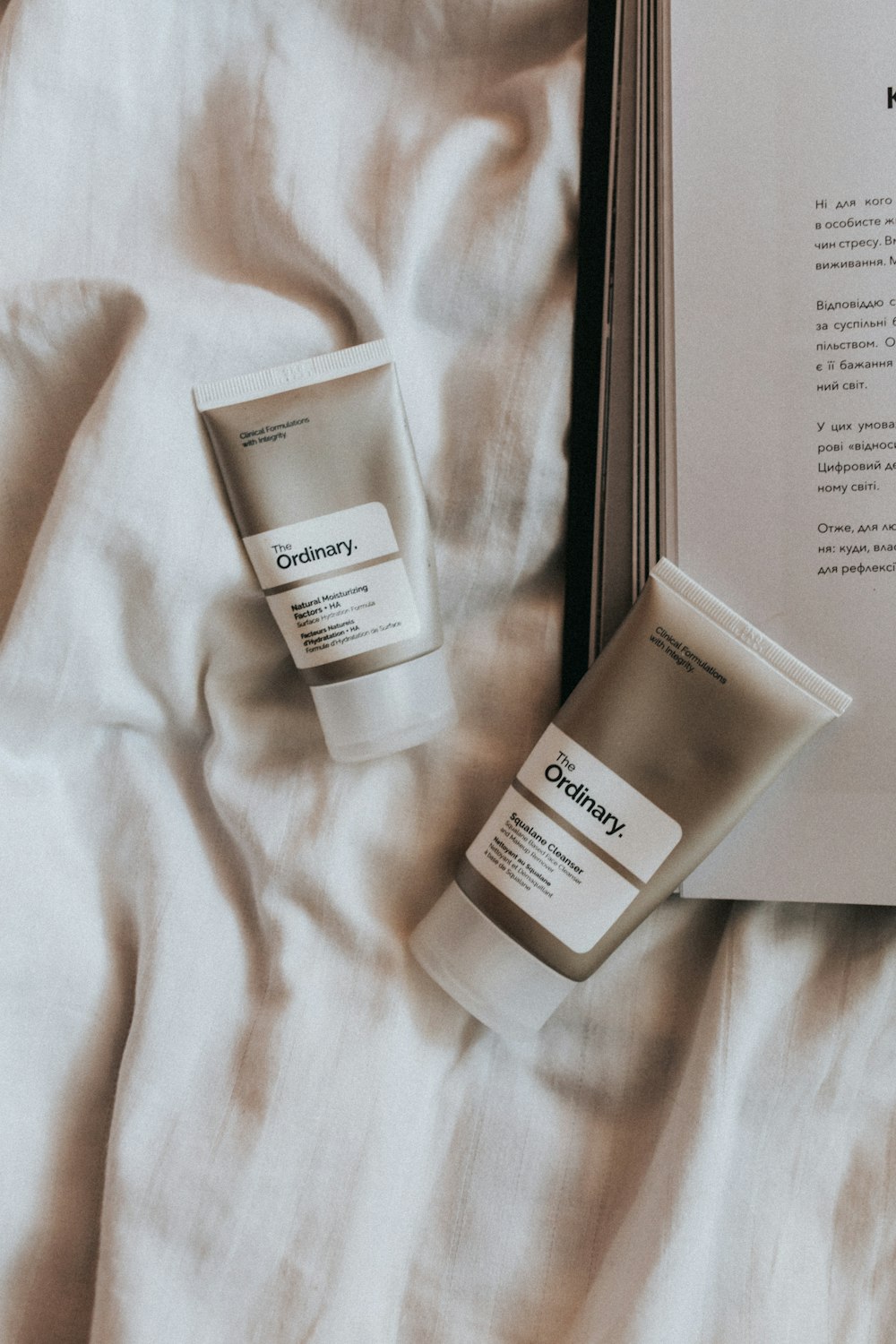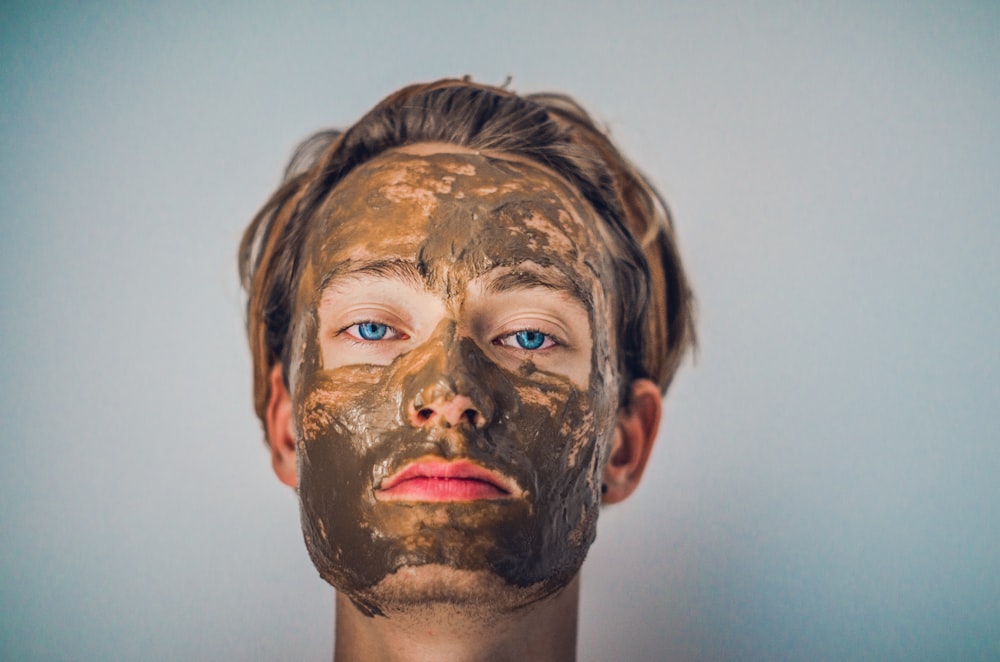Skincare Routine For Acne

written by nail expert Jess Rowley
What makes up a good skincare routine for acne prone skin?
When you have acne-prone skin, it can feel like there are so many products to help treat acne, but what should your skincare routine look like? What is the best treatment for acne?
Having acne and constant breakouts is no joke, especially when you’re dealing with skin conditions or clogged pores and excess oil. That’s why everybody needs to know how to care for acne. The good news is, I’ve researched the best acne skincare routine for you, whether you’re using prescription retinoids or drugstore products, to help soothe and treat your skin.
With a multitude of products and good as well as bad ingredients in them, I’m taking you through everything you need to know about building your own skin care routine for acne-prone skin. For all who are struggling with breakouts I’ve narrowed down the best ingredients to look out for and which products you need to have to bring you closer to radiant skin. You might be interested in looking at my top picks for best facial cleanser for acne.
Now, listen to this.
Once you have found the best skincare for acne, you’re probably wondering how to incorporate everything into a skin care routine. I’ve answered all your questions about when to add tretinoin to the skincare routine when the essentials are for an acne skincare routine, and the ingredients you can’t miss out on.
Here’s a tip- Even if you don’t have oily skin, products that are non comedogenic and oil free are a good choice for acne prone skin too. If your acne is more serious, you might want to check out laser treatment for acne.
Ready to get started?
Why you should have a skincare routine for acne
You might be wondering, as long as I use the prescription acne medication, it should be enough right? Well, in order to make sure your skin gets the most from the treatment whilst avoiding side effects, you need to have a skincare routine. The best skincare routine for teenage acne can bring lots of benefits.
Remove excess oil- Using oil absorbing products, and oil free products can help to regulate oil production on your skin and keep it in a healthy cycle. That means you’ll also be able to keep pores clear and unclogged.
Clear blemishes faster– With the right ingredients, you can treat acne and help to clear blemishes faster. Your skincare routine can help to reduce the size of pimples and inflammation.
Make treatment more effective- If you’re using a prescription acne treatment, prepping your skin in a skincare routine can help the treatment penetrate the skin better, and be more effective. That means you’re getting the most of it and will see results quicker too. Having a nighttime skincare routine when using tretinoin for acne is very important.
Prevent breakouts– When you’re using products with acne-fighting ingredients, and keeping your pores clear, it’s inevitable that you’re preventing breakouts. This will prepare your skin and make it difficult for bacteria or acne to form.
Prevent skin drying out- Using harsh acne treatments can be effective but can do a lot of damage to your skin too. Using a good skincare routine will help your skin to heal, prevent scarring, and not let it dry out whilst allowing the treatment to work effectively.
Building a skincare routine when there are so many products for acne can be confusing. However, your daily skin routine doesn’t have to be complicated.
What to include in an acne skincare routine
Although there are many products that treat acne, there are only a few crucial steps you need in a good skincare routine. You only need four steps as your basics.
You don’t need to spend a lot of time to have a good skincare routine. All you need is a couple of minutes in the morning and evening. Plus, there’s no need to spend loads of money on expensive products. Find a few good products in the drugstore and be consistent, that’s how you’ll start seeing results.
Facial Cleanser- A good cleanser to get rid of bacteria and oil, twice a day to gently cleanse your face. Why not try making a DIY facial cleanser for acne?
Toner- Follow up with a toner or astringent to regulate ph and exfoliate.
Acne treatment- If you’re using a prescription acne treatment or an over-the-counter treatment, now’s the time to include it.
Moisturizer– Always finish with a moisturizer, preferably oil free, to replenish the skin’s moisture. This is especially important
Tips on making your own acne routine
Although there aren’t a lot of steps involved if you want a simple, effective acne routine, there are a few things you should and shouldn’t do.
Cleanse gently
You might be tempted to over-cleanse or to rub your skin to make sure you get all the acne causing bacteria, but that’s not a good idea. The best way to cleanse is using your fingertips or a soft washcloth to cleanse your face. Use a gentle cleanse, maybe one with acne fighting ingredients such as salicylic acid to help target acne for clearer skin.
Don’t forget to cleanse your jawline, neck, and around the ears to make sure you get everything cleaned and prepped for the rest of the skincare routine. Its important to not be aggressive and use harsh scrubs or rough pads, this will aggravate acne and cause abrasions.
Depending on which kind of acne medication you use, there are a few options for acne cleansers or facial wash to choose from.
Over the counter wash- Over the counter products such as an acne treatment wash can contain active ingredients like salicylic acid or benzoyl peroxide. This is a good choice for mild breakouts.
Non medicated cleanser– If you’re on prescription acne medications, you need to use a gentle cleanser. It’s best to go for an unscented cleanser such as Cetaphil or CeraVe to gently cleanse your face.
Here’s a tip- if you get very oily during the day, or wear makeup, you might want to do a double cleanse in the evening. All you need to do is use an oil based cleanser, rinse well and then use an water based cleanser to remove everything. Whatever you do, don’t be tempted to use antibacterial hand gel or harsh soaps that arent made for your face, this can be very irritating for your skin.
Include a toner
This is not a compulsory step in a skincare routine, but it can be a good way to include other important acne fighting ingredients. They’re useful for removing excess oil, to tone and hydrate the skin, and fight blemishes. One of my favorites is glycolic acid as it doesn’t clog pores but will give you clear skin.
If you want to use a toner, make sure you apply it with a cotton pad and gently smooth it over your face and neck. This will be a good way of cleansing and removing any leftover residue from cleansing, preventing acne formation. Here are two things to keep in mind with toners:
Use if you have oily skin– Since toners or astringents are good at removing excess oil, they’re really good for oily skin types. If you have dry skin or your skin is dry from using strong acne treatments, then a hydrating toner is best.
Go for alcohol free products– Many toners have drying alcohol in them, which can be drying and irritating, especially for sensitive skin types. Alcohol free products are a good idea for dry skin or if you are using acne treatments. Just be careful since alcohol based toners can burn open pimples and breakouts.
Remember that using a toner is an optional step, and can be useful in removing excess oil from sebaceous glands and cell turnover. However, if you find them overly stripping for your skin, it’s best to not use one, especially if you are already using strong acne medication.
Acne Medications
Once you’ve washed and dried your face, and applied toner, you’re ready to apply your acne medications. Make sure you use the acne treatment as directed if it is prescribed, some can only be used at night, and most only require a small pea sized amount with active ingredients.
It’s important if you are using prescription medications to allow them to be fully absorbed into the skin before applying a moisturizer. Some good over the counter drugstore treatments include ingredients like azelaic acid, salicylic acid, benzoyl peroxide or retinoid creams like adapalene or differing gel.
If these make your breakouts worse, or you have more severe acne, or you’ve tried some drugstore options but they haven’t worked, go to seek professional medical advice or board certified dermatologist for your skin concerns to get a prescribed treatment or even birth control pills.
Use a moisturizer
If you have oily skin, you might think to skip this step. However, applying moisturizer is crucial. Acne treatments are already very strong, and can dry out the skin making it dry and peeling, so using a moisturizer can help it heal.
You don’t need to use a thick moisturizer that leaves you feeling greasy, there are many moisturizers that are suited to oily skin types. Lighter moisturizers will moisturize the skin but will absorb it without aggravating acne.
Gels and lotions tend to be lighter than creams, but it’s important to go for ones that are non comedogenic and oil free. This will ensure that it does not clog pores. Try to include hyaluronic acid for better hydration.
Wear SPF
I cannot emphasize this enough, using acne treatments and exfoliating products make your skin vulnerable to scarring and UV damage. It’s crucial you always finish with a high factor sunscreen, preferably mineral sunscreen rather than chemical sunscreen. Above 30 SPF and broad-spectrum is key.
You can find some good drugstore products such as the Ordinary skincare routine for acne or CeraVe skincare routine for acne.
Final Thoughts
Treating acne prone skin is a challenge since there are many causes of acne. If you are using acne treatment medication, it’s important to know when to include it in a skincare routine so you can get the most effective treatment.
Part of your routine should be gentle cleansers, a toner to exfoliate dead skin cells and clean out clogged pores, as well as balance oil glands, a treatment for cystic acne or inflammatory acne to treat breakouts, as well as a moisturizer and broad-spectrum SPF to keep your skin hydrated. Treating acne can at the same time damage the skin’s protective barrier, which is why an acne regimen is important.
Your skincare regimen can be tailored to your skin type, whether you want to remove dead skin cells, treat acne breakouts, clean makeup that can clog pores, and protect the skin’s surface.
If you want healthy skin clear, then make sure you wash your face and use treatments like benzoyl peroxide to treat painful cysts, inflamed bumps, and existing blemishes.
What is your morning routine?
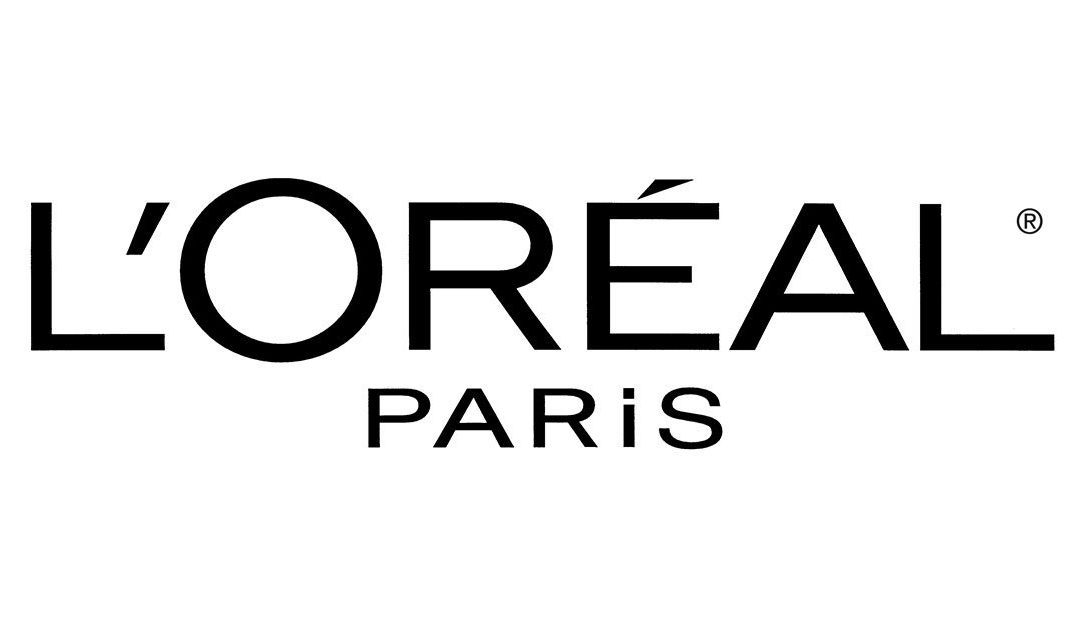
Best L’Oreal Products For Men
[Review] in 2022 written by nail expert Jess RowleyCheck out the results fast - here are our review winners[dica_divi_carousel item_width_tablet="400px" item_width_phone="345px"...
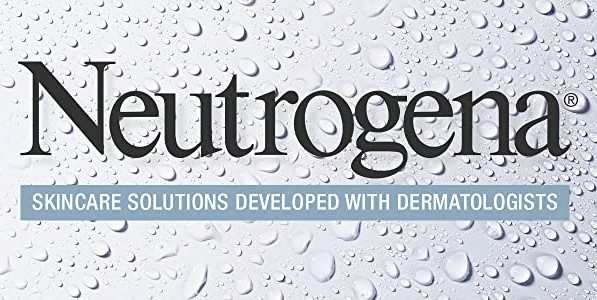
Best Neutrogena Skincare Products
[Review] in 2022 written by nail expert Jess RowleyCheck out the results fast - here are our review winners[dica_divi_carousel item_width_tablet="400px" item_width_phone="345px"...
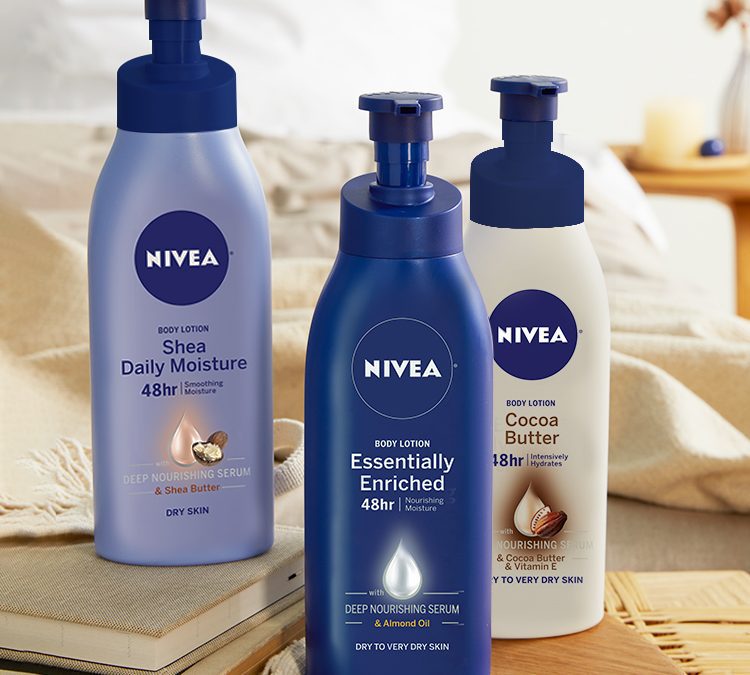
Best Nivea Products For Men
[Review] in 2022 written by nail expert Jess RowleyCheck out the results fast - here are our review winners[dica_divi_carousel item_width_tablet="400px" item_width_phone="345px"...
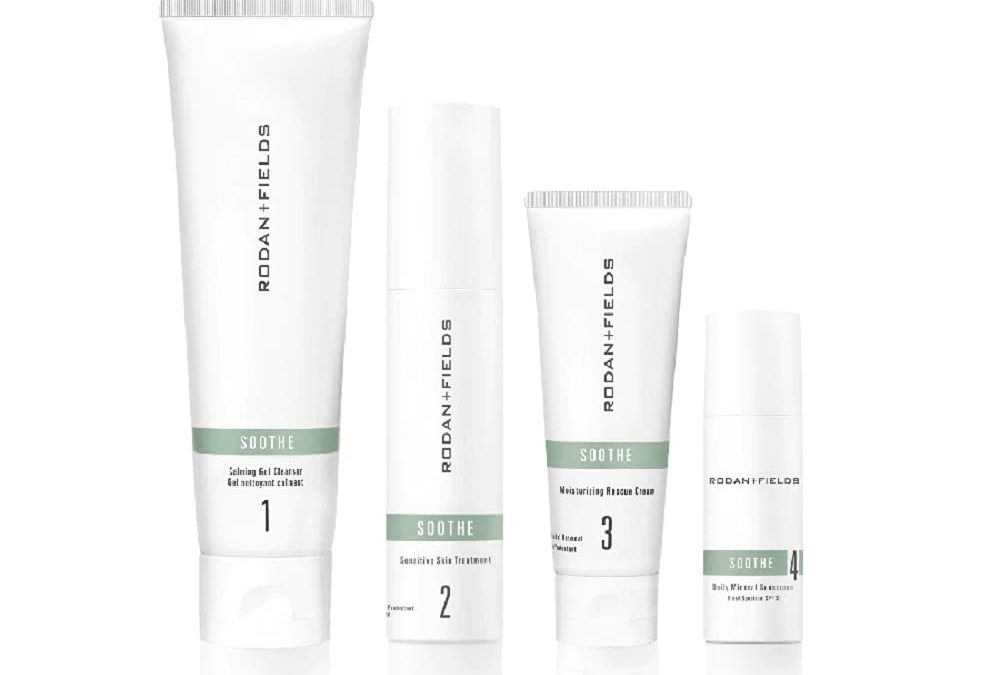
Best Rodan+ Fields Products
[Review] in 2022 written by nail expert Jess RowleyCheck out the results fast - here are our review winners[dica_divi_carousel item_width_tablet="400px" item_width_phone="345px"...
Related Post: Best Curl Defining Products
